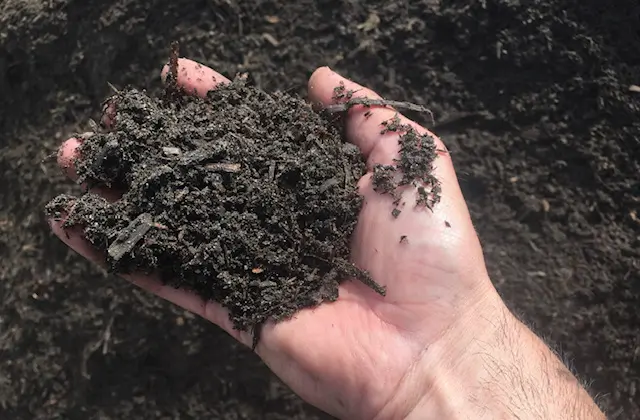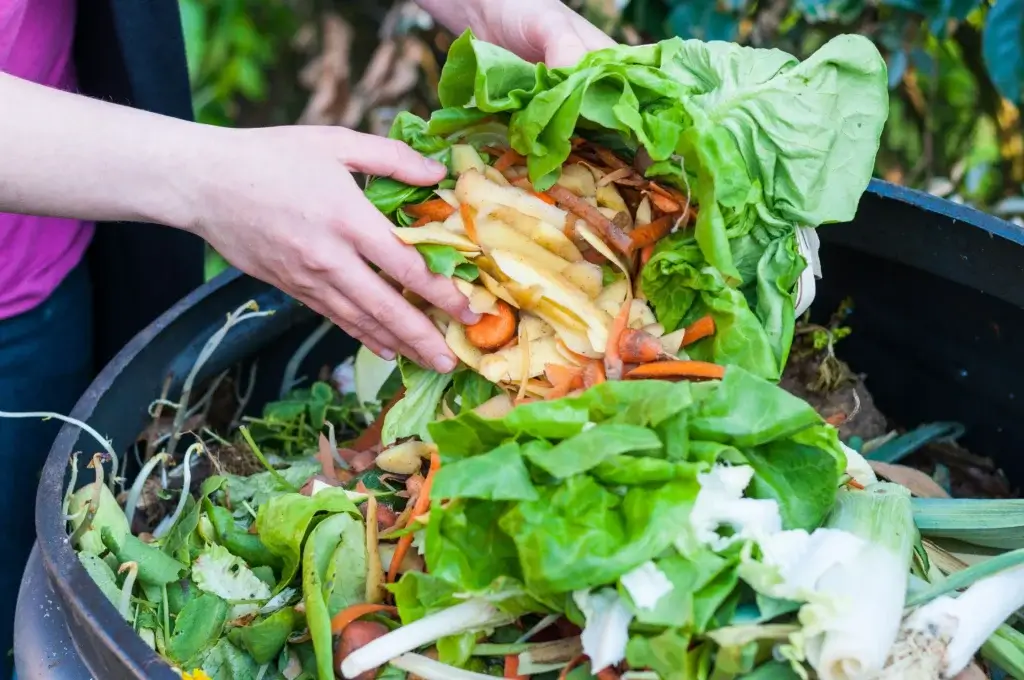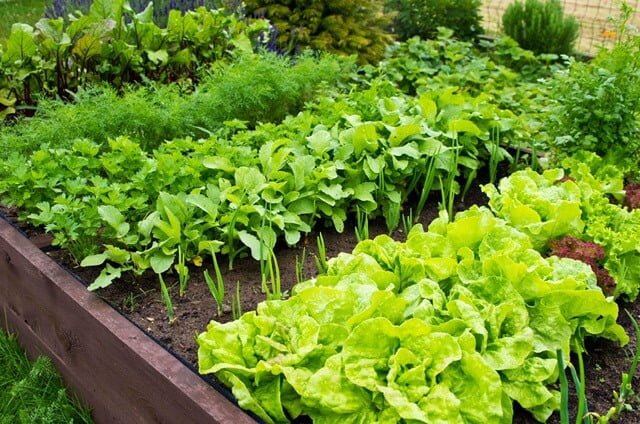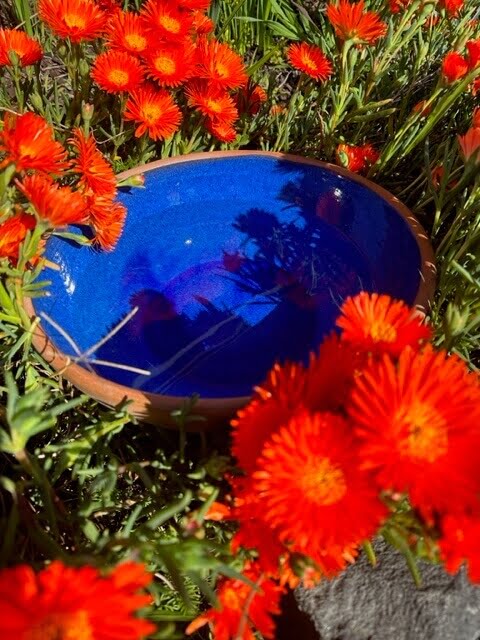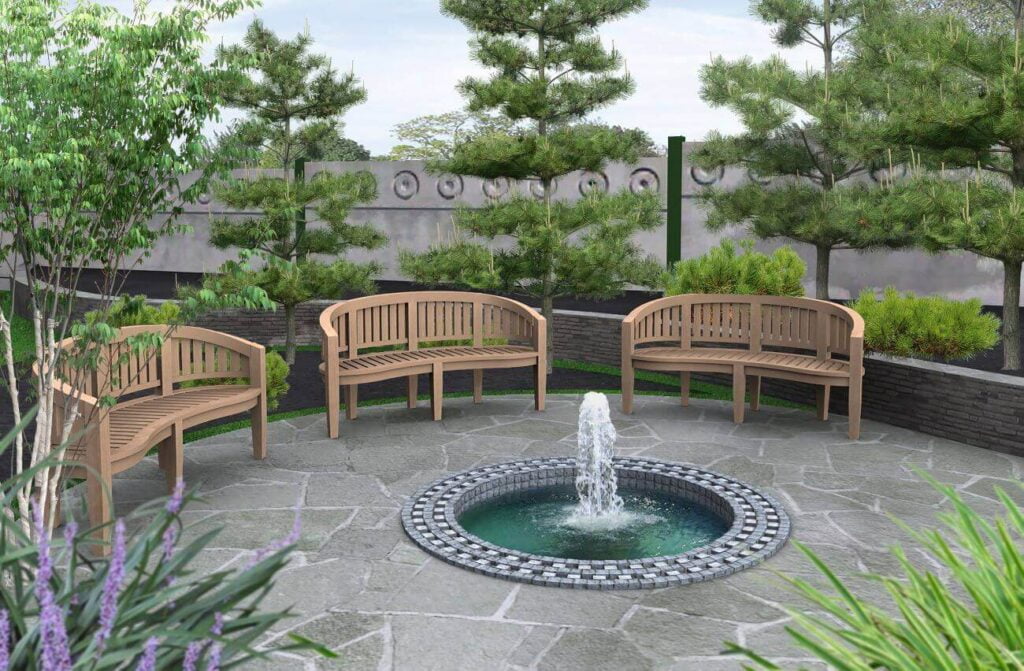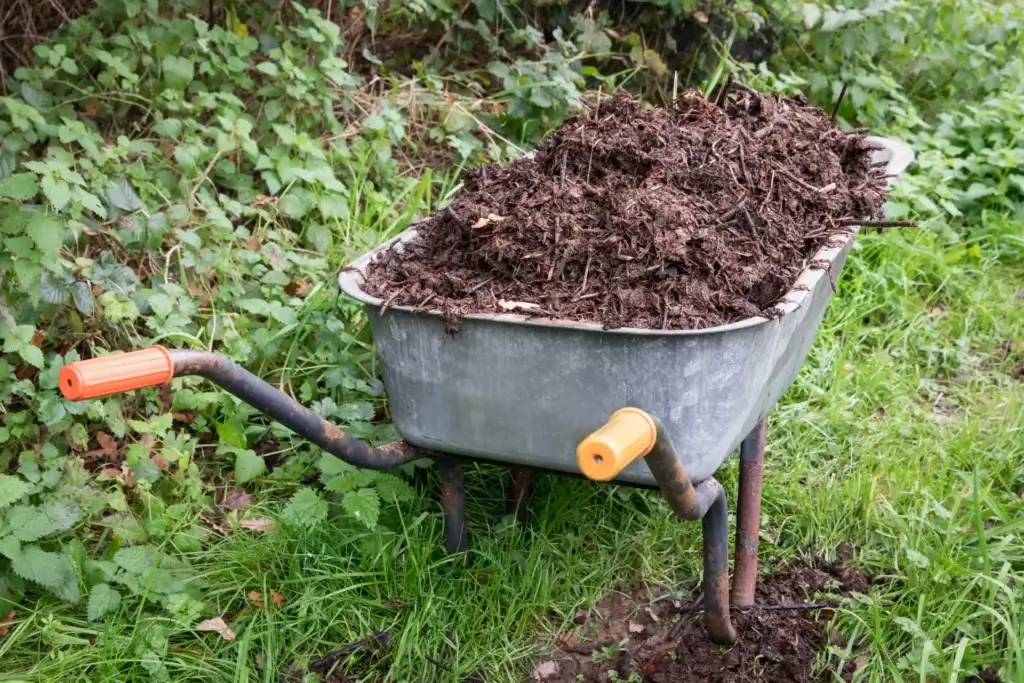No products in the cart.
Why use Mulch and which is the best mulch to use
- August 8, 2023
- Reading Time: 2 minutes
What is Mulch
Mulch is an essential component for maintaining a healthy garden. The information below will help you to understand the importance of using mulch and which mulch to use for your garden. It is a layer of organic or inorganic materials placed on top of the soil to help. Below is a list of benefits of why use mulch.
1: retain moisture,
2: suppress weed growth,
3: regulate soil temperature,
4: improve soil fertility and
5: Helps prevent soil erosion and erosion damage to plant roots.
Nutrients are added to the soil when organic mulches such as leaves, grass clippings, and bark decompose. This is important as it provides a natural fertiliser for the plants.
Inorganic mulches such as wood, stone or plastic can also provide benefits such as preventing moisture loss and weed growth.
Applying mulch to your garden not only improves the appearance of your landscape but also helps to promote healthy plants.
When it comes to choosing the right mulch for your garden, there are three main categories of mulch to consider.
The categories are feeding, wood and hard mulch. See descriptions below for each of these types to help you decide which is best to use in your garden.
a: Feeding Mulch
Pea-straw, Sugarcane and lucerne are both effective and popular options for organic types of cover in gardens.
Pea straw is known for its high nitrogen content, while Lucerne has high levels of potassium and phosphorus and Sugar cane breaks down to provide hummus to the soil, making them all great choices to improve soil fertility and an important mulch to promote plant growth.
b: Wood & Bark Chips
Wood chip and bark mulch are common types of inorganic types used in gardens and landscaping. They are made from chipped or shredded woody material such as wood chips, bark, and shredded sawdust.
These types are highly effective in suppressing weed growth and conserving soil moisture while providing an attractive ground cover. The larger size of the mulch pieces also means that they break down slowly over time, making them an excellent option for gardeners who prefer a low-maintenance solution.
However, it is important to use a mulch that is appropriate for your specific plant needs since some wood chip and bark chips can be quite acidic and negatively affect soil ph. It is best to source your mulch from landscape supply companies as they stock quality products.
c: Hardscaping
Hard layers are an inorganic type of mulch made from materials such as rocks, pebbles, and gravel. It is a long-lasting option for gardeners who prefer a low-maintenance solution, as it does not require frequent replacement.
Hard stone is also beneficial for making garden paths and driveways, providing effective weed suppression while adding an attractive and decorative element to a garden landscape.
However, hard layers can be difficult to remove and work with than organic types and do not contribute to soil fertility. Furthermore, it can reflect heat and cause plant stress on hot days
Conclusion
Each type has its own unique benefits and drawbacks, so it’s important to consider factors like the growing conditions in your area, your budget, and your personal preferences when making your selection.
Ultimately, the right choice can help keep your plants healthy and thriving, while also enhancing the overall aesthetic appeal of your outdoor spaces.
See our YouTube channel
Garden ideas







